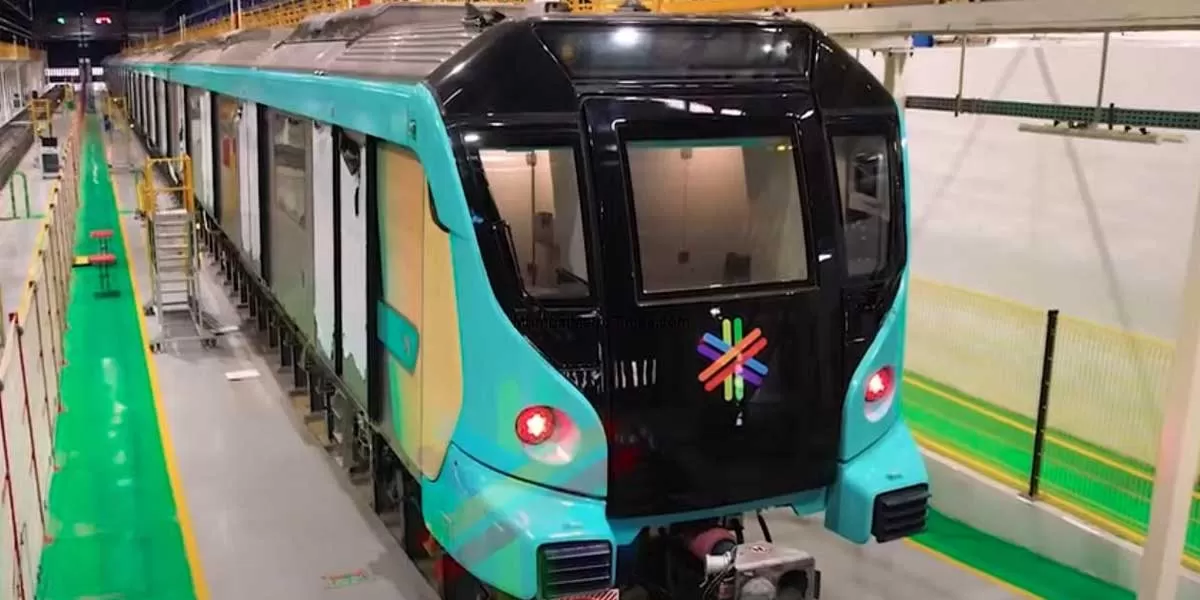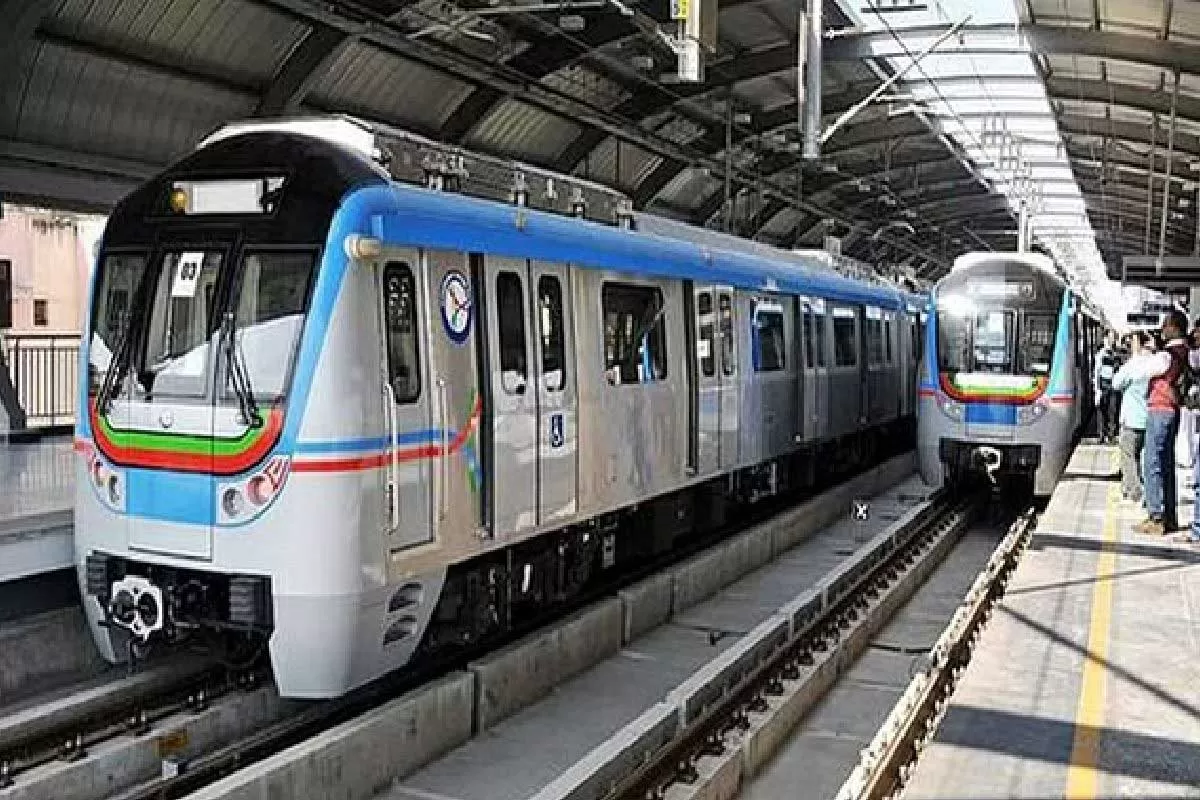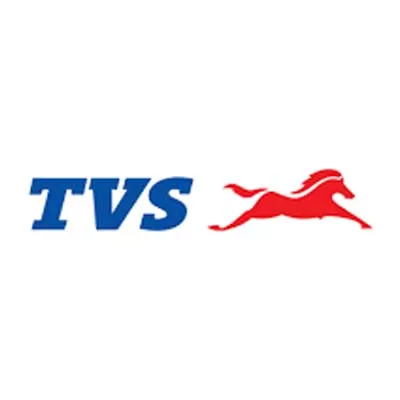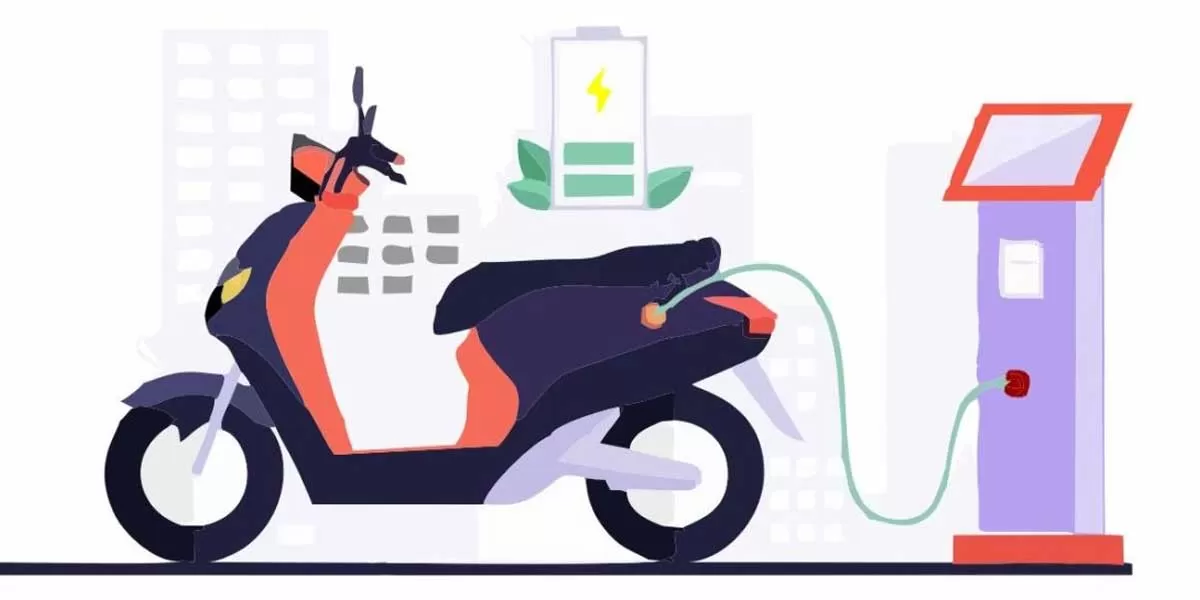
Mumbai Metro 3 Commences Operations Triumphantly
After a long-awaited wait of six years, Mumbai Metro 3 is finally set to roll out its services, marking a significant milestone in the city's transportation infrastructure. This new addition promises to alleviate the perennial traffic congestion issues that have plagued Mumbai's commuters for decades.
The Mumbai Metro 3 project, also known as the Colaba-Bandra-SEEPZ line, is a crucial addition to the city's public transport network. Stretching over 33.5 kilometres and consisting of 27 stations, this metro line is expected to serve millions of passengers daily, connecting major business..

Luxury home sales nearly equal affordable homes for first time
In a noteworthy shift, luxury homes, priced above Rs 1.5 crore, constituted 21% of total sales in the January-March quarter of this year, nearly matching the share of affordable homes, which stood at 20%, according to a report released. This marks the first time such parity has been observed, signaling evolving trends in the real estate market.
Anarock, a prominent real estate consultancy, revealed that the share of luxury homes has surged from a mere 7% in the same quarter of 2019. Conversely, the proportion of affordable homes, priced below Rs 40 lakh, has witnessed a decline from 37%..

MMRDA launches metro line - pillar work in Kalyan & Dombivli
The Mumbai Metropolitan Region Development Authority (MMRDA) has accelerated the construction of the Kalyan to Taloja Metro Line 12 and has initiated work in Kalyan. It has been noted that excavation activities have commenced near the APMC market in Kalyan (West) and at various locations in Dombivli for the construction of Metro pillars.
It has been reported that the project, which is estimated to cost Rs 58.65 billion, recently began in Dombivli.
In February, Chief Minister Eknath Shinde was reported to have performed the groundbreaking ceremony for this project. Following this ..

TVS Motor Unveils Electric Two-Wheeler
TVS Motor Company, a leading two-wheeler manufacturer in India, has unveiled its latest addition to the electric vehicle segment with the launch of the TVS iQube Electric in Bengaluru. This move marks the company's foray into the burgeoning electric vehicle market, aligning with the global shift towards sustainable mobility solutions.
The TVS iQube Electric promises to redefine urban commuting with its advanced technology and eco-friendly features. Boasting a sleek design and compact structure, the electric scooter is tailored to meet the evolving needs of urban commuters, offering a s..

Chinese EV Giant Leapmotor Eyes Indian Market
Chinese electric vehicle (EV) manufacturer Leapmotor is poised to make a significant entry into the Indian market in the third quarter of the 2024-25 fiscal year. With India rapidly transitioning towards electric mobility, Leapmotor's arrival could mark a pivotal moment in the country's automotive industry.
Leapmotor's decision to venture into India underscores the growing appeal of the country as a lucrative market for EV manufacturers worldwide. As one of the world's largest automotive markets, India presents immense opportunities for companies looking to capitalise on the increasing..














